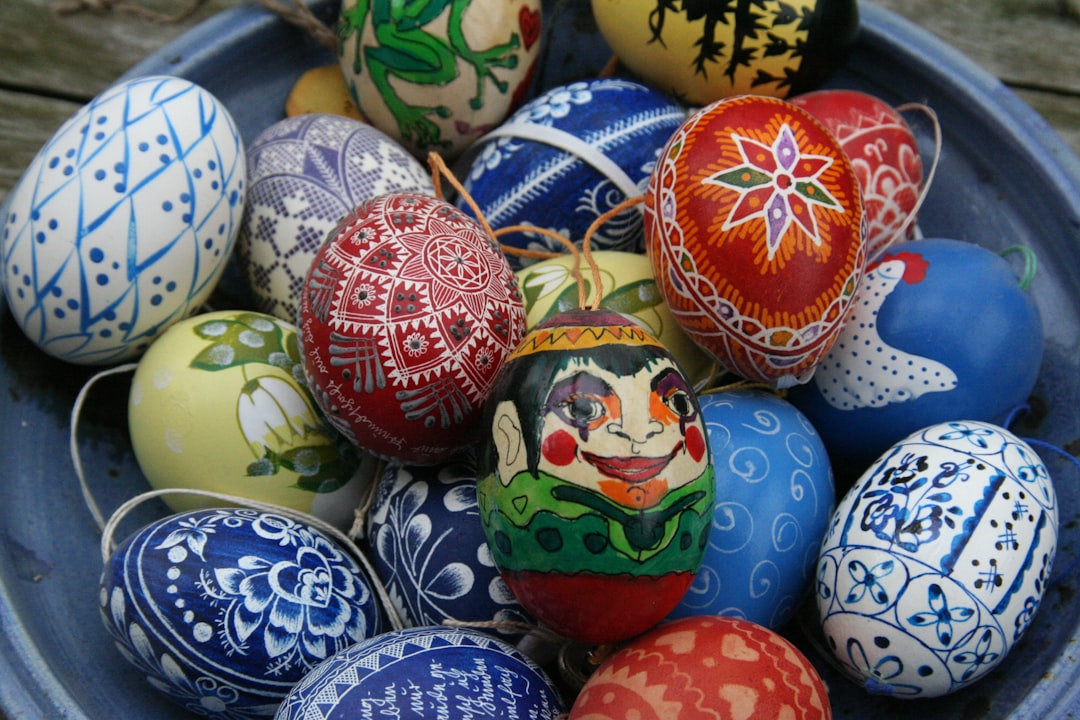March 4, 2025
Western Easter Calendar vs Orthodox Easter CalendarEaster, one of the most significant holidays in Christianity, is celebrated on different dates depending on whether you follow the Western or Orthodox tradition. While both calendars commemorate the same event—Jesus Christ’s resurrection—they differ in how the date is calculated. The Western Easter calendar follows the Gregorian calendar, introduced by Pope Gregory XIII in 1582 as a refinement of the older Julian calendar. This solar-based system calculates Easter as the first Sunday after the first full moon following the vernal equinox (typically March 21st). In contrast, the Orthodox Easter calendar adheres to the Julian calendar, established by Julius Caesar in 45 BCE. This older calendar results in Orthodox Easter often falling later than its Western counterpart. Because of these differences, Western and Orthodox Easter dates rarely align. In some years, they can be weeks apart, which may confuse those unfamiliar with the two systems. Generally, Western Easter occurs earlier, though exceptions exist. Despite the date discrepancy, both traditions share similarities in their celebrations—church services, candle lighting, and traditional foods—making Easter a time of joy and renewal for Christians worldwide. Greek Easter 2025In the Greek Orthodox tradition, Easter—or Pascha—is the cornerstone of the Christian calendar. In 2025, Greek Easter Sunday falls on April 20th, offering the perfect opportunity for a sunny escape to Amari Villa Kefalonia, Greece. Many locals and visitors alike will flock to Greece and its islands to celebrate with family and friends, immersing themselves in this culturally rich holiday. If you’re seeking a unique Easter experience, Greece is the place to be. Unlike many parts of the world, Greek Easter blends deep religious significance with vibrant traditions, delicious food, and communal festivities.
How is the Greek Orthodox Easter celebrated in Greece and its Islands?Known as Pascha or Resurrection Sunday, Orthodox Easter is the oldest and most revered festival in Eastern Christianity, marking Jesus Christ’s resurrection after his crucifixion. In Greece, this sacred event is steeped in history and local customs, with celebrations varying from village to village. Visitors to Greece during Easter can expect to witness a tapestry of traditions, from solemn rituals to lively feasts. Greek Easter CelebrationsTsiknopempti, Smoky ThursdayTsiknopempti, also known as Smoky Thursday, is a traditional Greek celebration that takes place on the second Thursday before Lent. It is a day when Greeks consume large quantities of grilled meat, creating a smoky atmosphere, hence the name “smoky” Thursday – A delight for meat lovers Tsiknopempti is considered a pre-Lenten festival, and it is celebrated as the last opportunity to enjoy meat before the start of Lent, a period of fasting and abstinence leading up to Easter. On this day, many Greeks gather with friends and family to enjoy a feast of grilled meats, including pork, beef, and lamb, accompanied by traditional side dishes like tzatziki, horiatiki salad (vegetable Salad), and chips. The streets are filled with the aroma of grilled meat, and many restaurants set up outdoor grills to cook and serve the meat. Tsiknopempti is a joyous celebration that brings people together, and it is a time to indulge in delicious food and drink, dance to traditional music, and enjoy the company of loved ones. Overall, Tsiknopempti is a beloved tradition in Greek culture, a day to celebrate good food, good company, and the approaching Lenten season. Clean MondayIn Greece, the Monday before Lent is called Clean Monday (Kathara Deftera). It’s a day when people start their Great Lent fast (“Sarakosti”) by eating only vegan foods. Many people also take this opportunity to clean their homes from top to bottom. It’s a time to fresh start both physically and spiritually. If you’re in Greece during Clean Monday, you’ll see many people out and about enjoying the beautiful weather. LentLent is the 40 days leading up to Easter. During Lent, many Greek Orthodox Christians give up certain foods or activities as a way of spiritual cleansing. The most common things to give up are meat, dairy, oil and eggs. This is a time of reflection and preparation for Easter. During this period fasting is observed with mainly delicious Greek vegetarian/vegan dishes. Holy Week
Good Friday
Start of SpringEaster is associated with the beginning of springtime when all the flowers and fauna are blossoming, the air smells alive and fresh, the skies are the best colour of the year, and the days are getting longer. Enjoy this beautiful time of year! Kefalonia EasterKefalonia Easter is a unique and special celebration that combines religious traditions, cultural customs, and natural beauty. Whether you’re interested in the processions and ceremonies, the delicious cuisine, or the breathtaking scenery, Kefalonia has something to offer everyone. So why not plan a trip to Kefalonia this Easter and experience the magic of this beautiful island for yourself? With its warm hospitality and rich cultural heritage, Kefalonia is sure to be a holiday you’ll never forget. καλό Πάσχα – Happy Easter from all at your favourite Kefalonian Villas: Amari Villa Kefalonia – Luxury Villa in Kefalonia Greece FAQs:Q: What is the best time to visit Kefalonia? Q: What is the traditional Easter dish in Kefalonia? Q: Where can I experience the Kefalonia Easter celebrations? |
Read more
Want to find out more?
Enter your details to get a call back from our team






